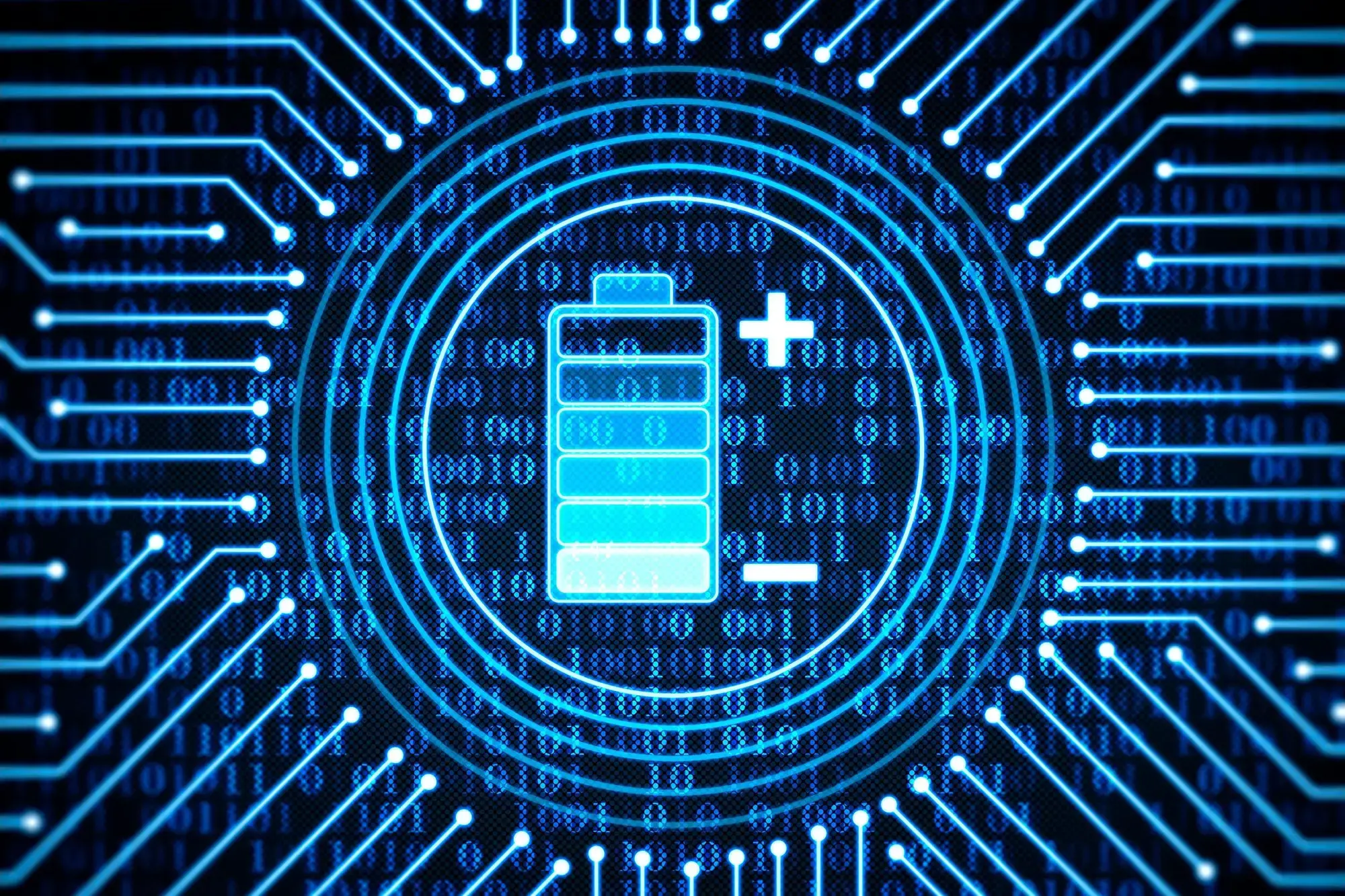A new sinter-free method to produce lithium ceramic has been developed, paving the way for more efficient lithium-ion batteries. This breakthrough method offers a sustainable and economical approach to battery design, potentially eliminating reliance on elements like cobalt.
Angewandte Chemie International Edition.
DOI: 10.1002/anie.202304581
Yeah, but can production be scaled, or is this another ‘breakthrough’ that will never leave the lab?
Feels like every year we get a battery breakthrough that goes nowhere. No offense to the scientists, I’m sure they’re doing great work, but I wish these articles would be honest on how practical these things are.
deleted by creator
For real. When I was a kid I remember being thrilled to get a remote controlled toy car, until it took 12 hours to charge the battery to get 15 minutes of play time. Even the shittiest bargain bin rechargeable batteries are much better now.
I use the cell phone analogy. My first cell phone, a Motorola flip, had an 8-hour battery whose total volume is about as much as a smartphone today. It had an LED numeric screen. The battery was NiCad and had a capacity of 500 mAh.
My current smartphone, 28 years later, has slightly more volume than that battery, has a 4000 mAh battery, and also contains the rest of the phone.
Battery capacity by volume has increased 6 to 10 times over that time span.
FYI it took 20 years for Lithium-Ion Batteries to become viable for use and another 15 before they were widely used. This stuff doesn’t happen over night. If we hear about it now it will probably be another 10 years before its usable.
Lab to commercialisation is usually a long journey in time.


